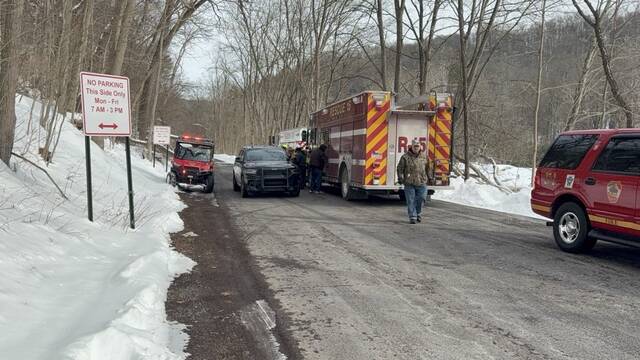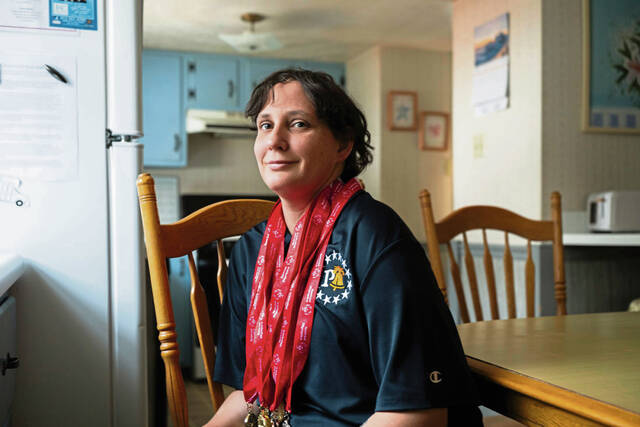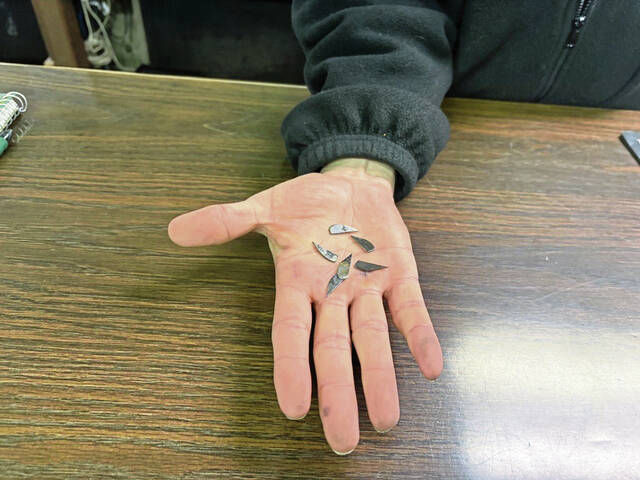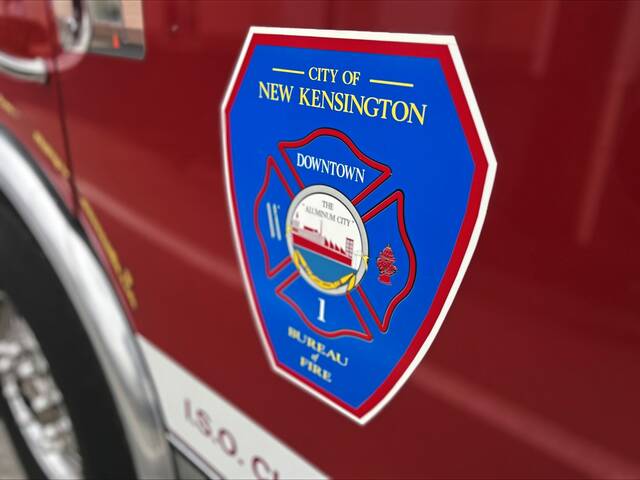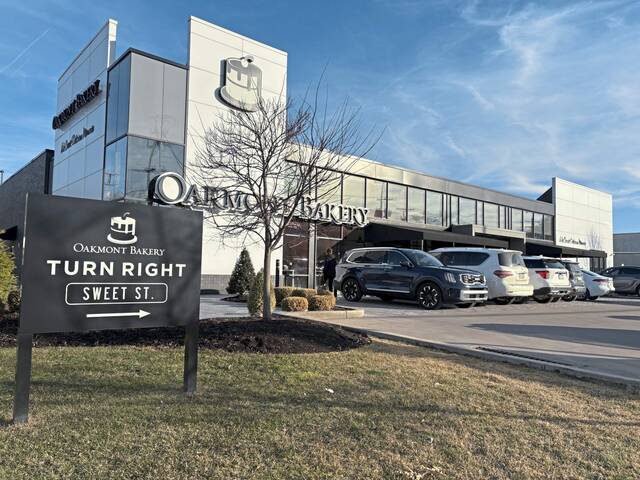New Kensington-Arnold School Board is talking about fixing roofs, updating computers and replacing textbooks at the same time it is confronting a budget with a nearly $2 million deficit.
The board is considering refinancing the district’s existing $4 million debt and borrowing $4 million. With the new money, the district would do roof work on all of its buildings plus other work including doors and flooring, Superintendent John Pallone said.
The refinancing would not extend the term of the district’s existing debt — consisting of two bond series that are scheduled to be paid off in 2026 and 2031, respectively — and the annual payments would remain unchanged, said bond counsel Joe Muscatello, managing director of Boenning & Scattergood.
With lower interest rates, the district would save about $200,000, which it would get in one, upfront payment.
The new $4 million in borrowing would increase the district’s annual debt payment by $100,000, Muscatello said. Without it, the district’s debt payment in 2020-21 is expected to be $3.7 million, Business Manager Jeff McVey said.
The $4 million would not be paid back until 2033-34, Muscatello said. The district would have two large payments of $2 million each, he said.
The district’s proposed final budget for the 2020-21 school year shows spending of about $38.7 million with revenue of about $36.7 million, according to McVey.
McVey is projecting that the district will have a deficit of about $770,000 for the current school year, with spending of about $37.7 million and revenue of about $36.9 million. That would lower the district’s reserve from about $1.9 million to about $1.1 million — not enough to cover the deficit projected for next school year .
Without a tax increase, the district would deplete its reserve and end next school year with a roughly $860,000 deficit.
A 7-mill tax increase, which includes special approval from the state for special education costs, would generate about $780,000 in additional revenue. In that case, McVey shows the district still spending all of its $1.1 million in reserve, but lowers the deficit to about $77,000.
Despite that financial picture, Pallone said the district has to consider borrowing money to support its primary function of educating students.
“There are some tough decisions to be made between now and June” when the final budget must be approved, Pallone said. “We have to look at all the expenditures.
“We don’t waste money here. We are very frugal in our expenditures,” he said. “We find every way to save every dime and dollar we can.”
Pallone said about three-quarters of the new $4 million in borrowed money is needed for roof work, and the district also has a number of doors that need to be replaced. Pallone said there are places where gaps are allowing cold air to rush in.
Flooring has become a safety issue at H.D. Berkey Elementary, Pallone said.
If the money is borrowed, McVey said, the district would have three years in which to spend it.
The school board also is considering replacing computers used by staff that date to 2012, Technology Director Phillip Brautigam said. That would allow the staff’s computers to be moved to students, who are using machines from 2008, he said.
Money for new computers is not included in the proposed budget, McVey said.
The board discussed the merits of replacing its Apple computers with new Apples, or transitioning to Windows-based machines. At a finance committee meeting Monday, board member Terry Schrock said the district can’t afford “champagne tastes.”
“We need to save money at every place we can,” he said.
The board pressed Brautigam to show that Apple computers are worth the additional cost and that any benefits are actually being achieved.
“Everything’s a pitch for money at this point,” board member Tim Beckes said. “There’s only so much of it.”
Pallone also brought up the possibility of students bringing their own laptops and tablets to school, which the district does not allow. He said the district believes at least half of its students have their own computers at home.
Allowing students to use their own devices would reduce how many the district would need to provide, Pallone said.
The board also discussed the district’s textbooks, noting their age and condition. Assistant Superintendent Jon Banko said books would be a significant expenditure, and for now teachers are making do with material they get off the internet.
Schrock asked if there is a link between the district’s low test scores and outdated textbooks. For 2019, Valley High School had a performance score of 55.3, the lowest in the Alle-Kiski Valley, according to the state Department of Education.
Schrock said it would be helpful if administrators would prioritize the district’s textbook needs.




